In tourism, it’s important to visit the gleeful happy places, but it’s also important to pay respects to places that most people on a happy vacation would likely not visit. Last time I was in Munich, we went to Neuschwanstein Castle, explored the surroundings of the city, went to the BMW Museum and so on. This time, since I was alone, I wanted to visit the site of the Dachau concentration camp. As the first (though by far not the deadliest), it began the whole madness.
Though I usually tend to comment on my photos and quip about various aspects of what I am seeing, I guess this is probably not the best use case for that sardonical humour.
The entrance.
A modern-day construction on the outer grounds.
The alley towards the main gate.
This was the train station to which trains with prisoners would arrive, be offloaded and…
… walk to this main gate, which was the principal entrance into the compound.
Guard tower behind the metal fence.
The famous “Arbeit Macht Frei” – “works frees” sign. Incidentally, for what it’s worth: this is one of the last pictures of this sign. My trip was in the summer of 2014, and in November of 2014, this sign was stolen and has never been recovered; a replica now sits in its place.
A wide angle shot of the gate.
The grounds of the camp. These were full of buildings, which have all been demolished, and only the ones on the left were kept for historical significance.
Inside the museum.
Propaganda posters.
Documents confiscated from prisoners, including identification papers of a Russian officer.
Prisoner registration logbook.
Shower rooms.
The sign on the wall says “Rauchen Verboten” – “No Smoking”.
Back outside, a crow was grazing in the pastures beyond.
One of the other gates, with a guard tower protecting it.
Each of these lines used to be a row of houses where prisoners were being kept. As I wrote above, they were demolished and only a token set of buildings was kept.
The barbed wire fence, and a guard tower beyond.
A lamp.
The crematorium. This is where most people ended up.
Ovens…
The “fumigation cubicles” is a euphemism for the gas chambers. Prisoners would be sent in there, and told to wash themselves. The shower heads, though, would expel Zyklon-B gas (which used to be used as a pesticide, hence “fumigation”), rather than, you know, water. Then bad things happened.
Amongst all the doom and gloom, it was amusing to see someone try REALLY REALLY REALLY HARD to get JUST the right shot.
Artsy shot of wall.
The Soviet Army built an Orthodox church on the premises when they came for their fallen countrymen. Countrypeople. This isn’t even a word, my spellcheck is complaining.
If I had to express one thing that puzzled me about this place, it’s how peaceful it was. It was almost counterintuitive. The hardest thing to fathom was that such atrocities took place here, and yet now, it’s an incredibly peaceful, serene park with but a fleeting reminiscence of what once was. It’s in interesting contrast to something like the Hiroshima Peace Memorial, where mannequins with burned skin, images of the bombing and an air of utter despair permeate the place. A very different approach to history, I suppose.
To offset the gloom, despite the happy green grounds, I looked for my usual air / space / car museum in the neighbourhood. It’s Germany, I figured, so it’s got to have SOMETHING of the sort… and hey, I was right! Deutsches Museum Flugwerft Schleissheim is here, a wing of the Deutsches Museum! Its collection is not anywhere as insane as, say, Sinnsheim (we’ll talk about that one later) or the Seattle Air and Space museum, but hey – I’ll take an aircraft museum any day.
Parked the car and just couldn’t avoid snapping another shot of this car. The door handles pop out when you approach it!!! You Tesla types probably don’t care, but I need dead dinosaurs and broken dreams in my vehicle. Sorry.
As anything in Germany, or Europe even, everything is housed in a wonderful old building complex.
The collection is not massive, but it has some interesting examples of various prototypes and Cold War era aircraft.
There’s a Mig-23 “Flogger”…
… a Dornier Do-31…
And a number of other cool aircraft, like the Eurofighter, F-104 “Starfighter” (remember the days when they used to be able to come up with cool names for things?……… that’s gone now), and so on.
Another shot of the armada.
Overall, a very enjoyable visit, especially in a drop-top Jaguar.
Having had a great time, I had only a little bit of time left, before I had to get to the airport and part ways with the F-Type. But before I did… there was another museum I really wanted to visit. After having visited the Potato Museum in Prince Edward Island, I felt it was my duty to go here… Das Kartoffelmuseum!!!!!!!!!
Sadly, it was closed. But it gave me a good reason to come back to Munich (besides the usual thousand reasons, half of which have “BMW” in them and the other half have “beer”). As I was on the way to the airport, though, I found another amazing thing which I had no clue existed.
On the way back to the airport, I figured I’d (legally!!!!!!! I love Germany) test the speed limiter on the car…. sadly, it was working.
Right next to the airport lie an old airfield, where a bunch of old planes are parked. The gem is obviously the Lockheed L-1049 Super Constellation that you can visit for a single euro!!!!!!!! Obviously I missed closing time so I couldn’t see it, but damn. Reason to come back for sure.
Some other old planes are also on display, though not accessible.
Another shot of the Super Connie.
There’s actually an elevated platform that you can climb, from which you can see…
… the small plane collection …
… and the airport itself!
So that wraps up our single day in Munich. After this I went on to fly the ANA 787, the impressions of which I’ll post in the next post.

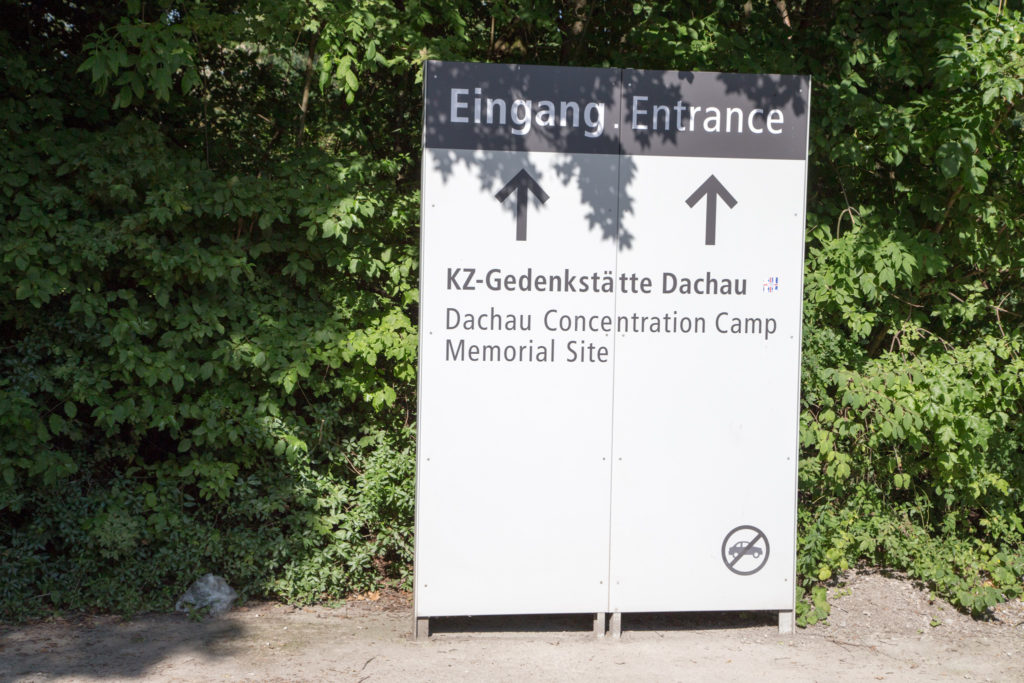
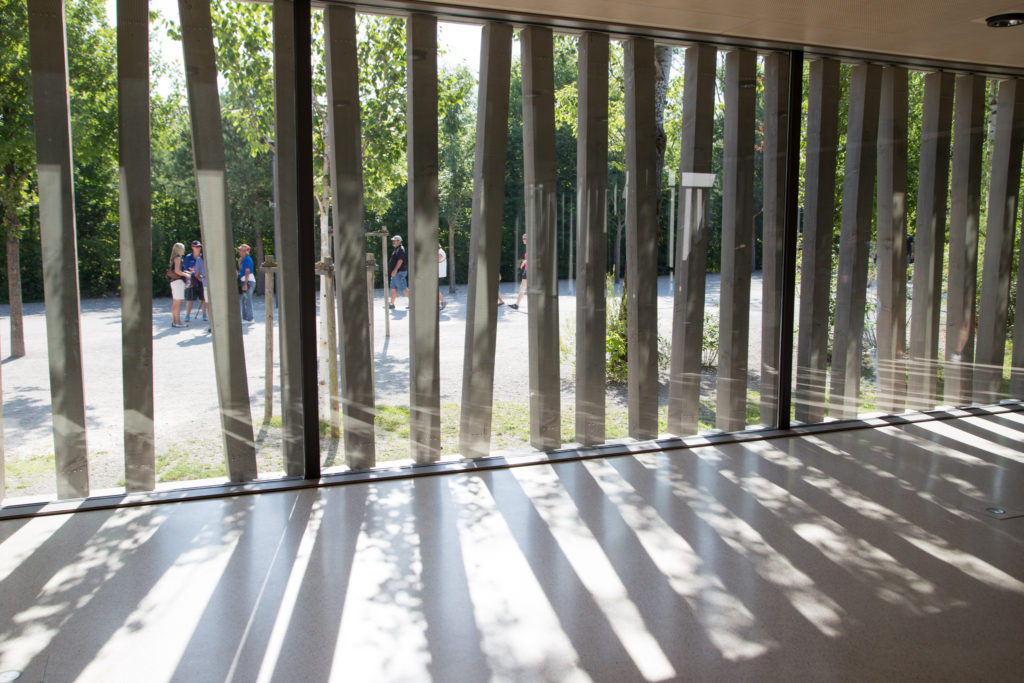
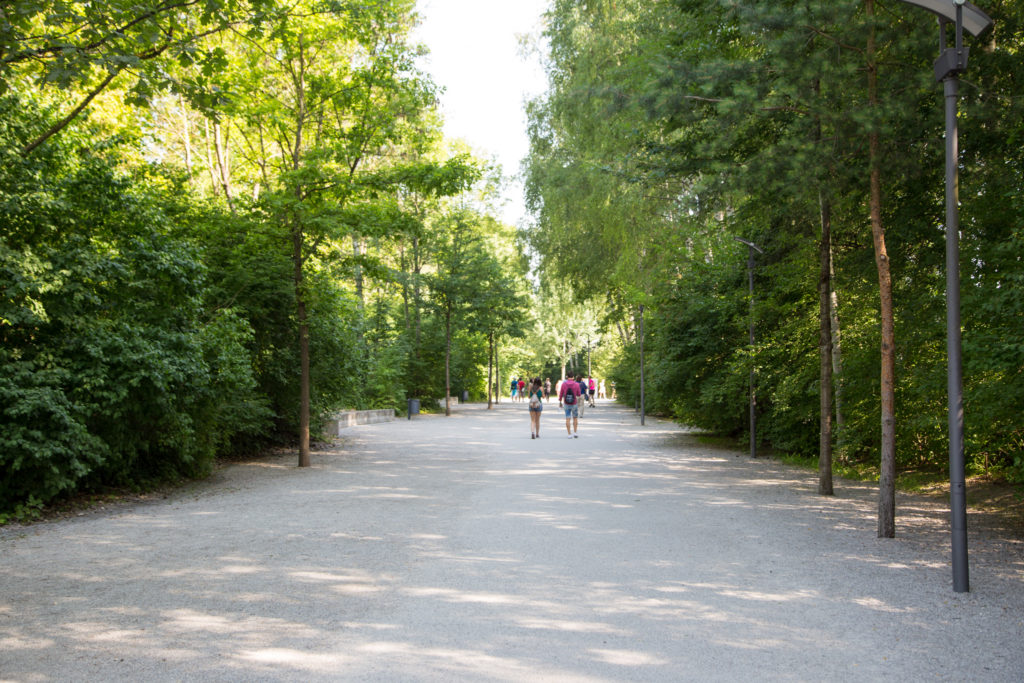
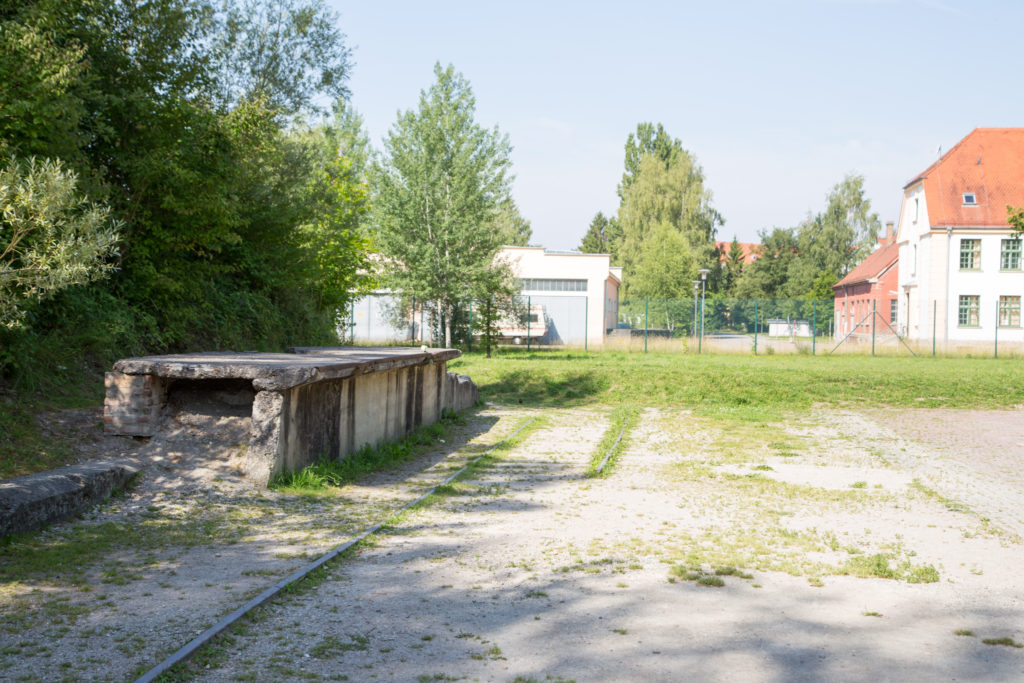
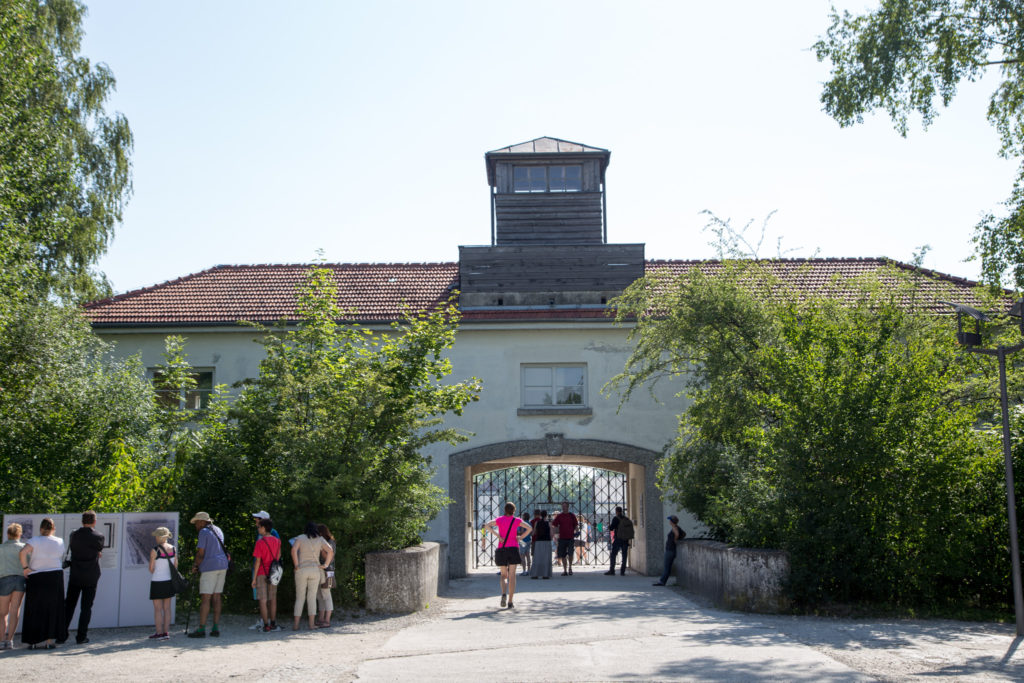
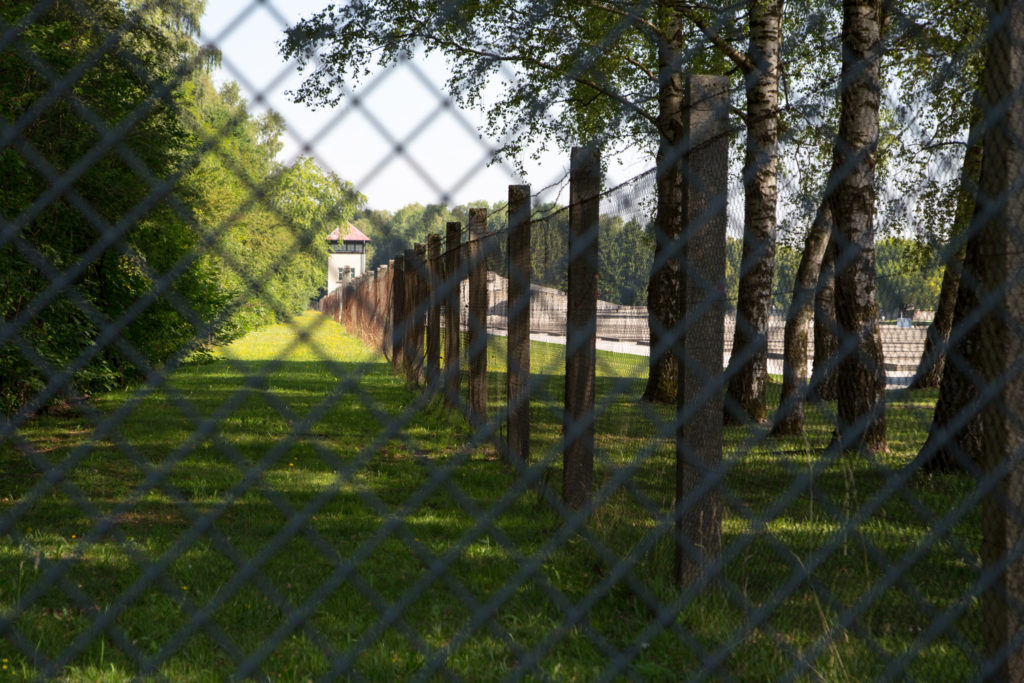
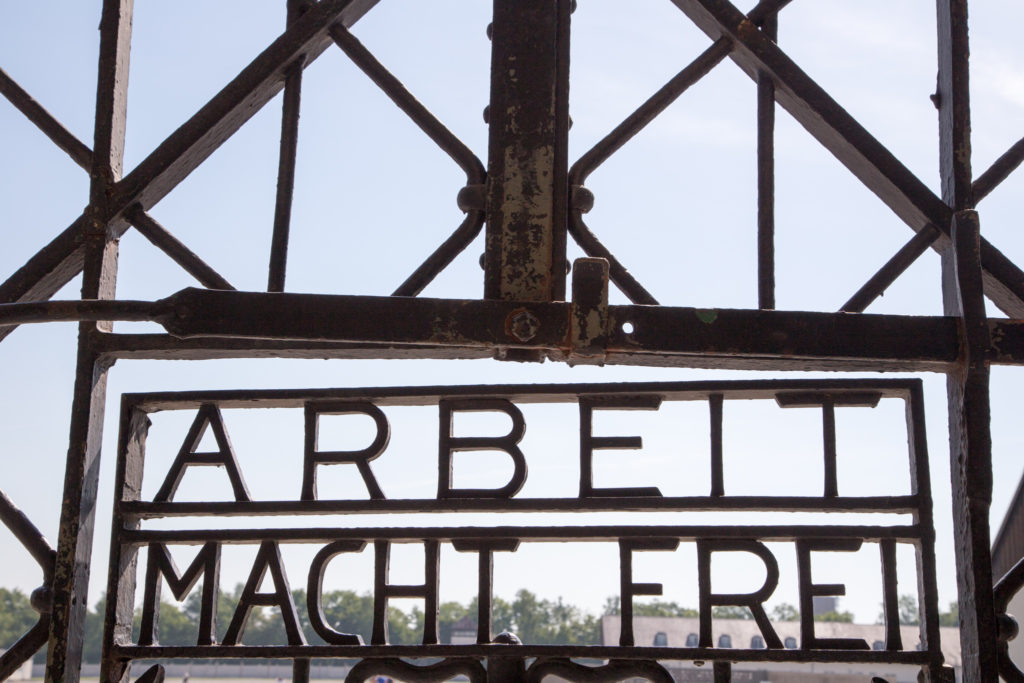
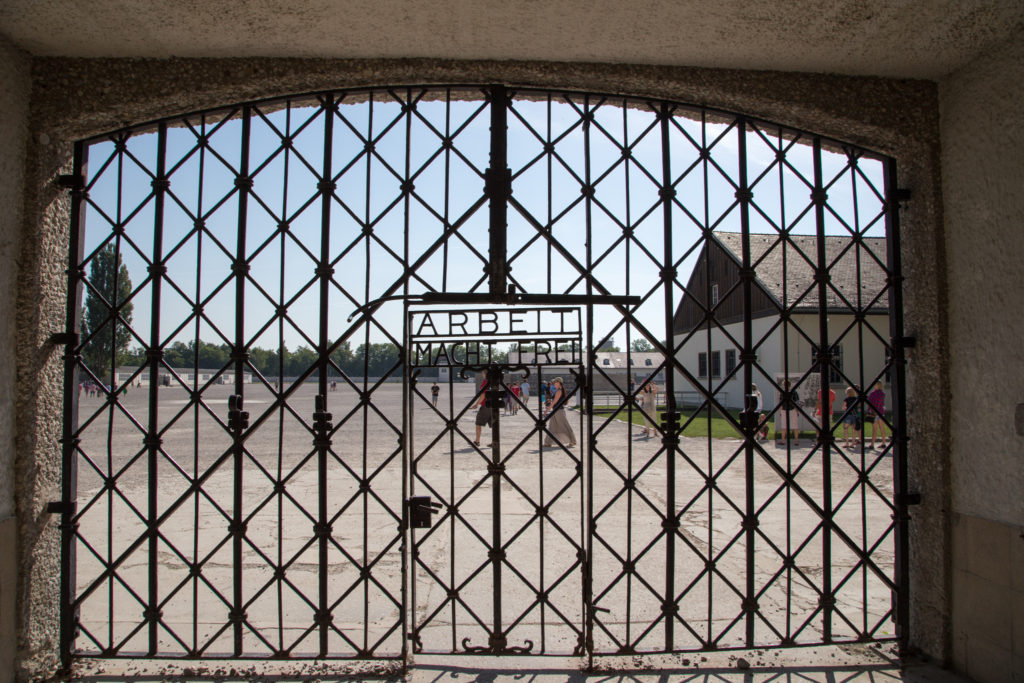
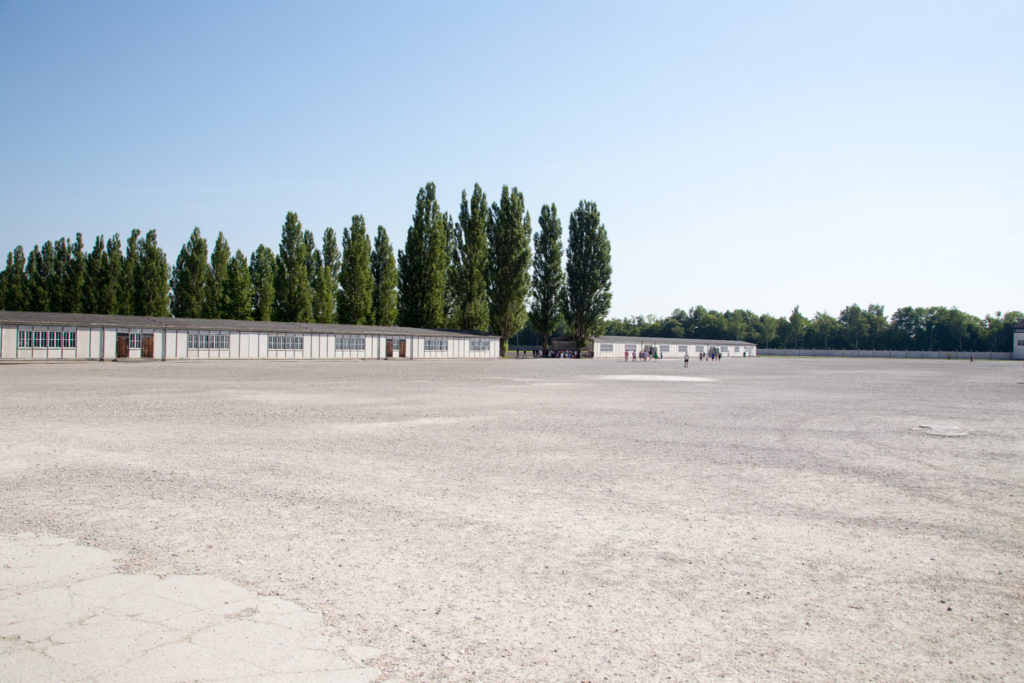
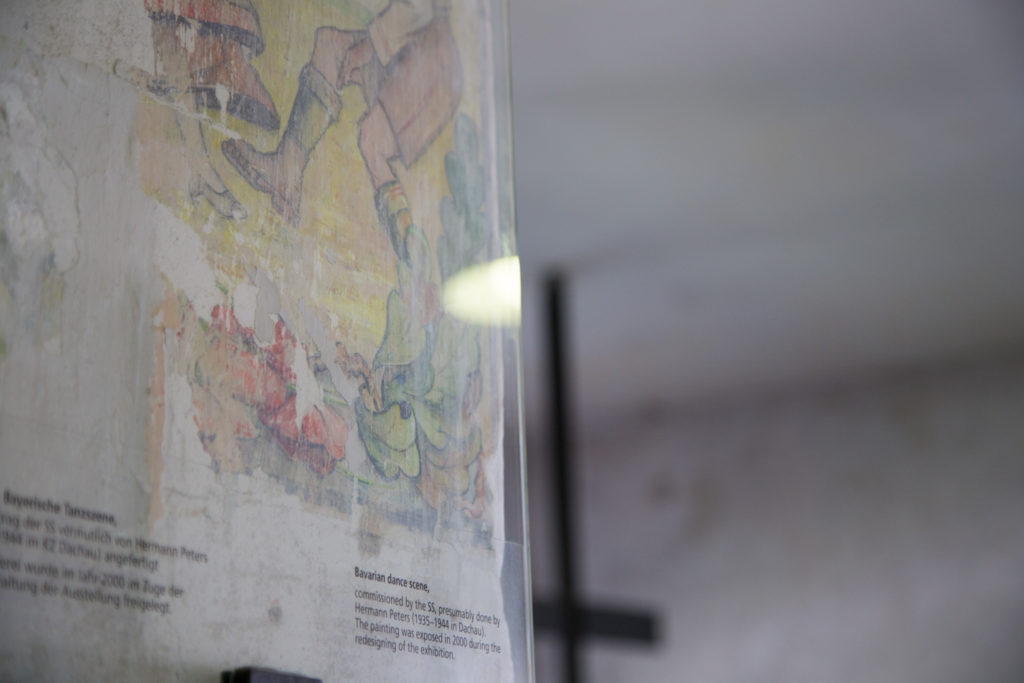
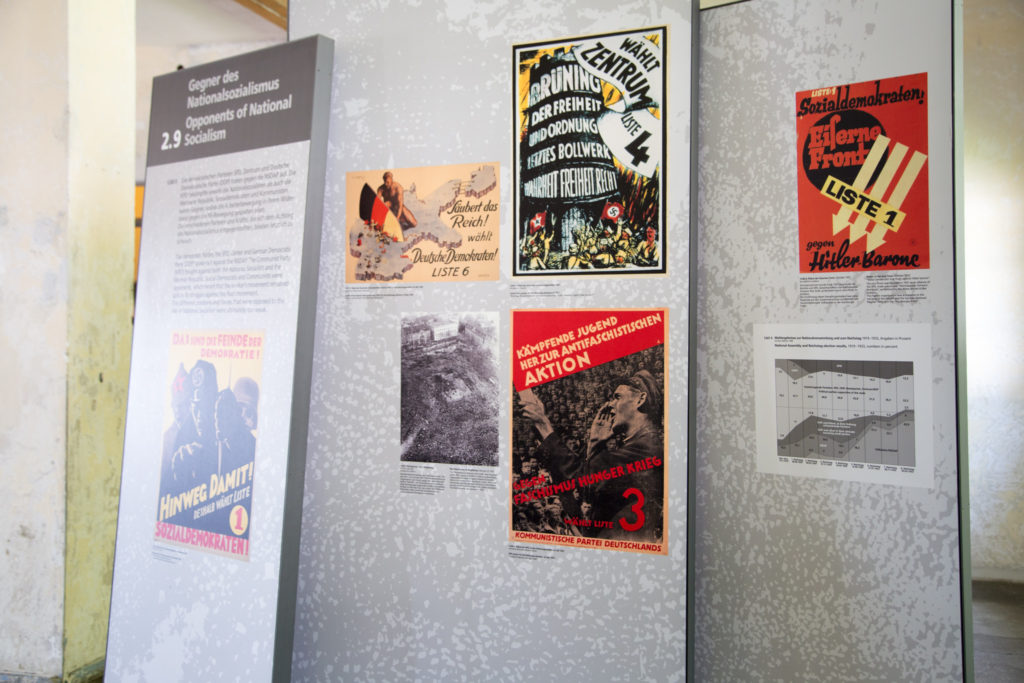
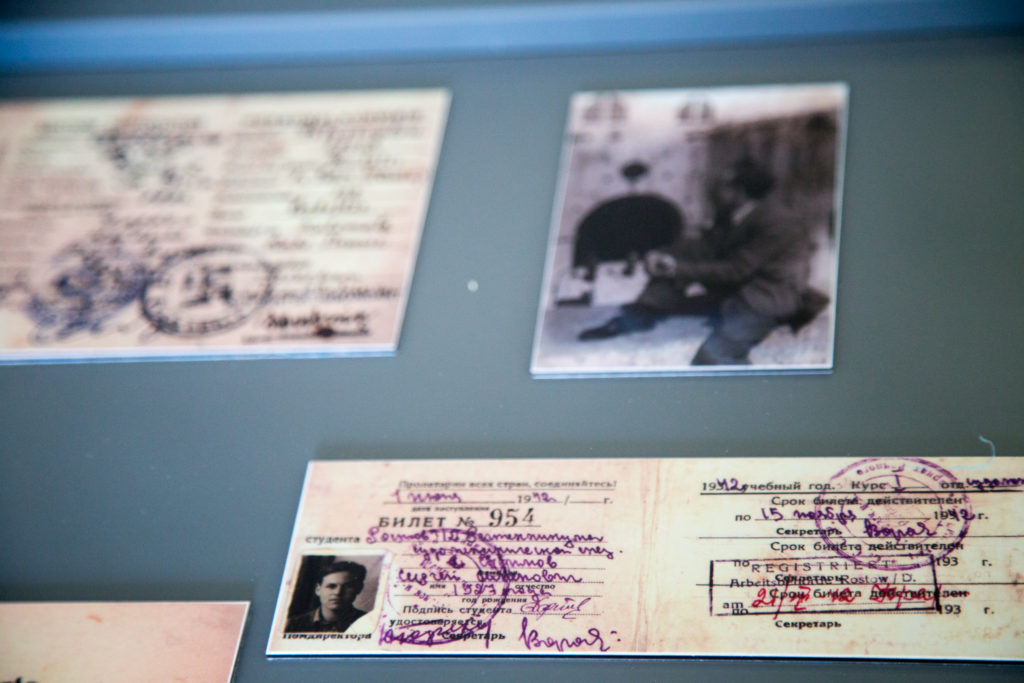
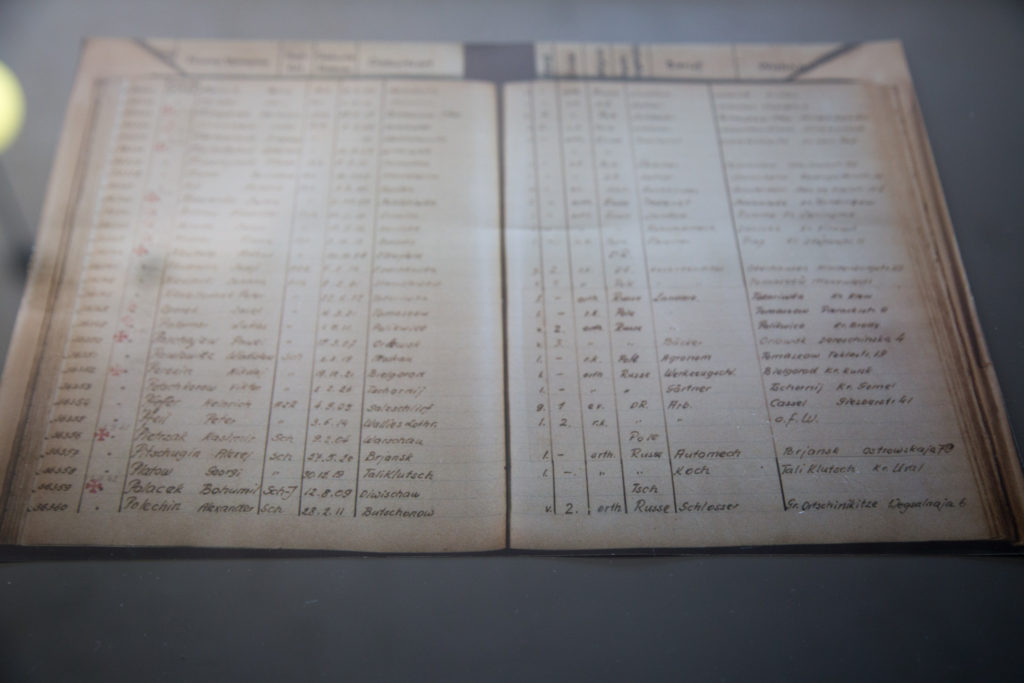
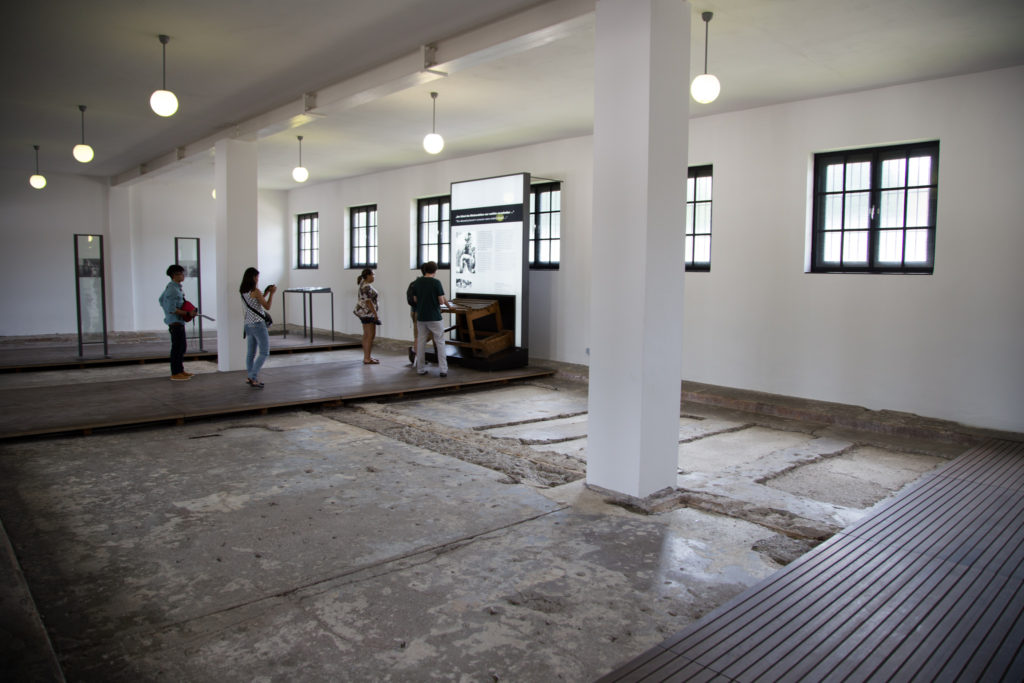
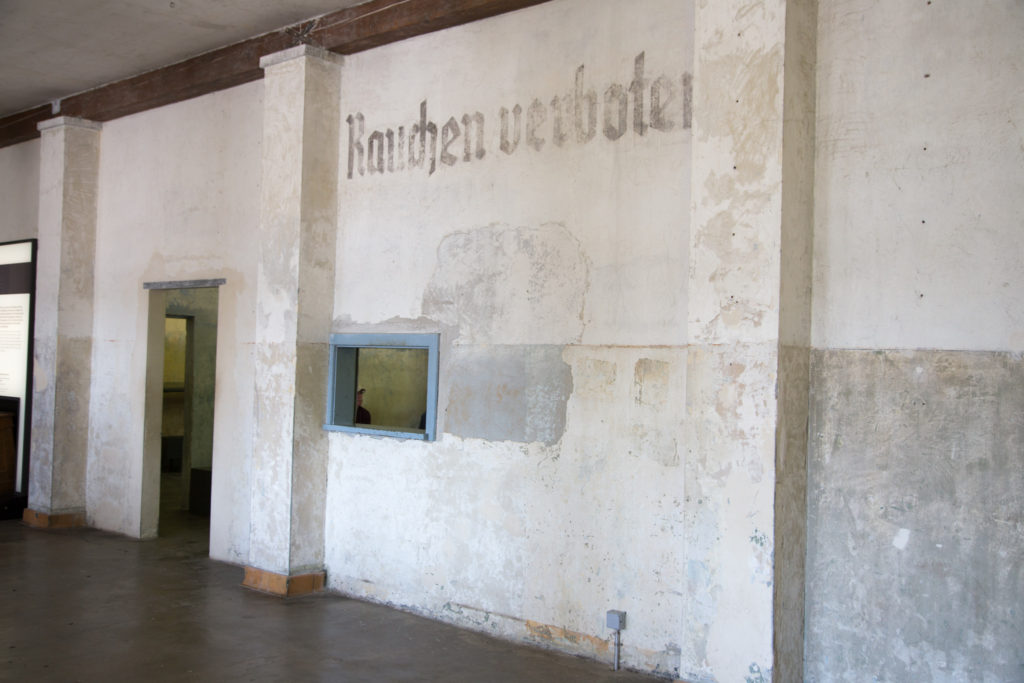
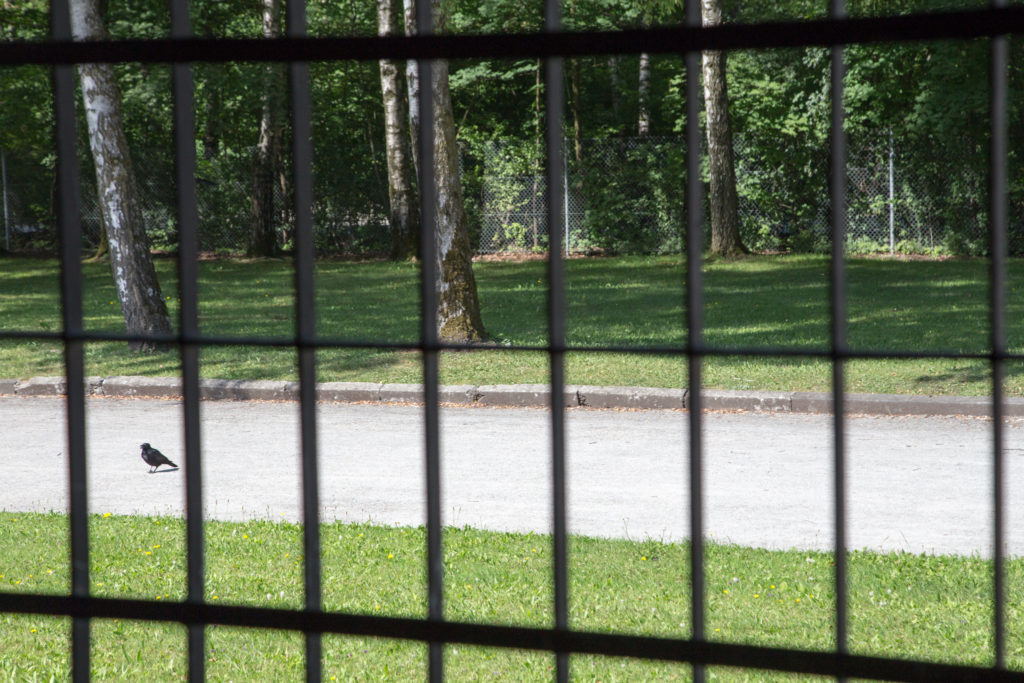
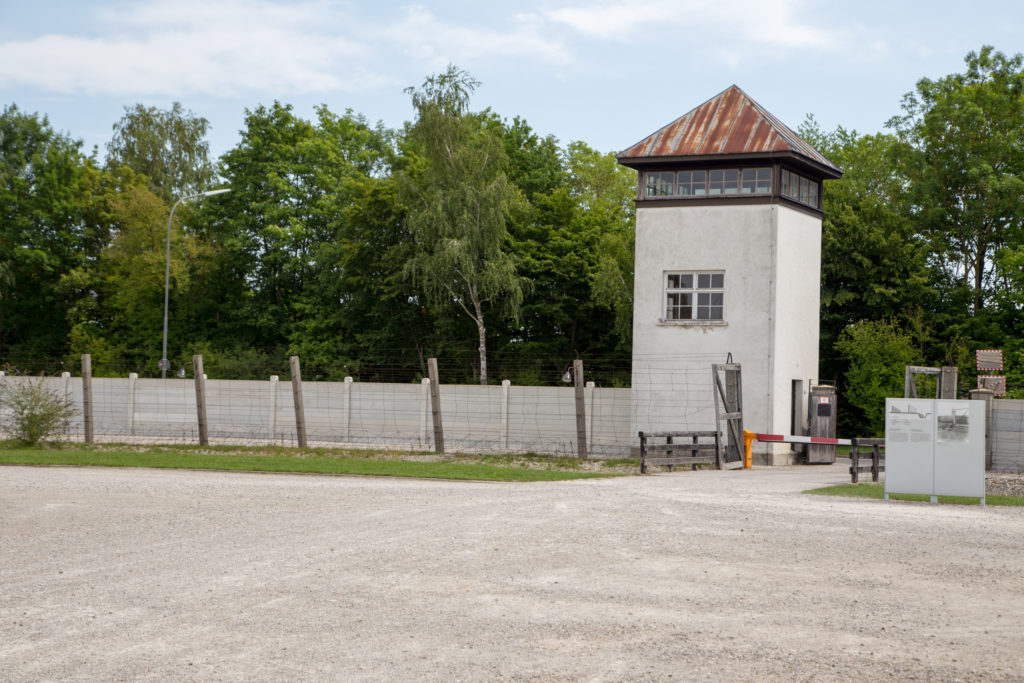
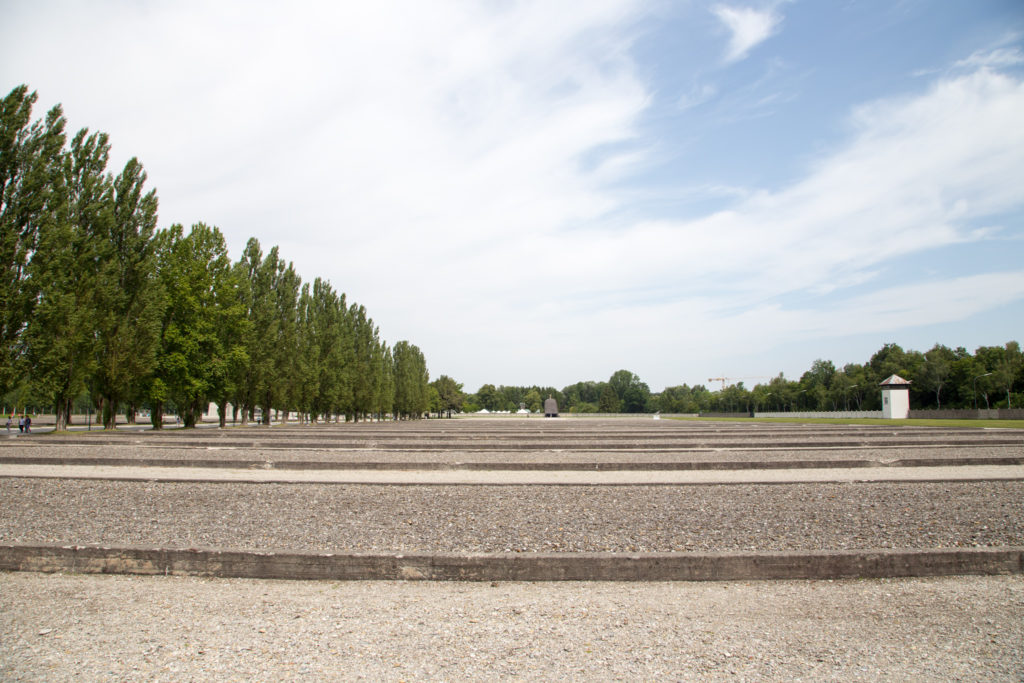
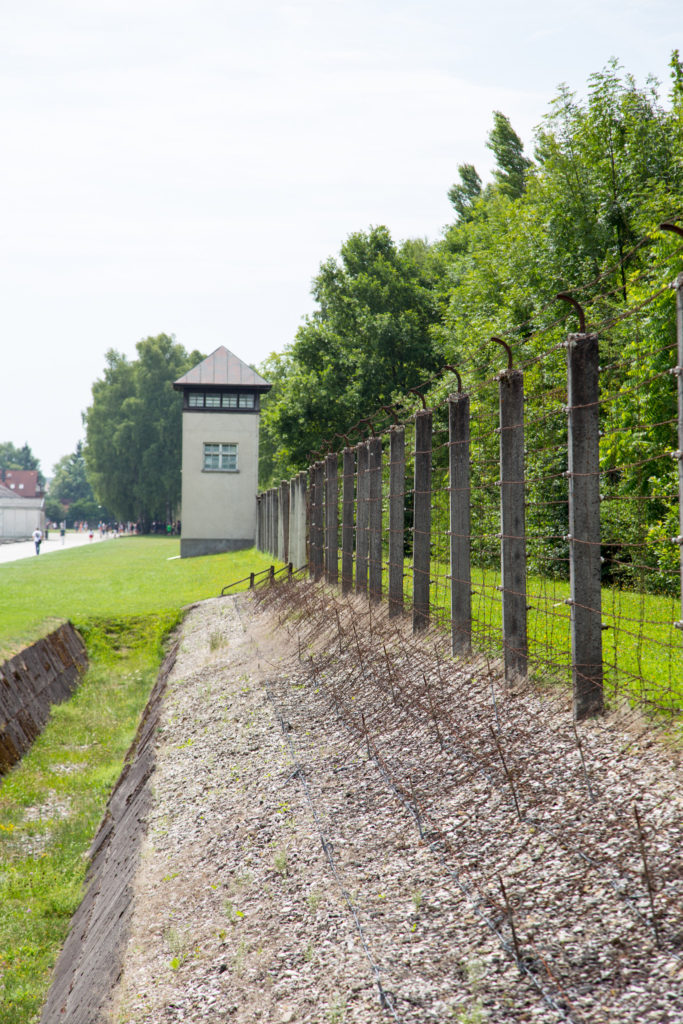
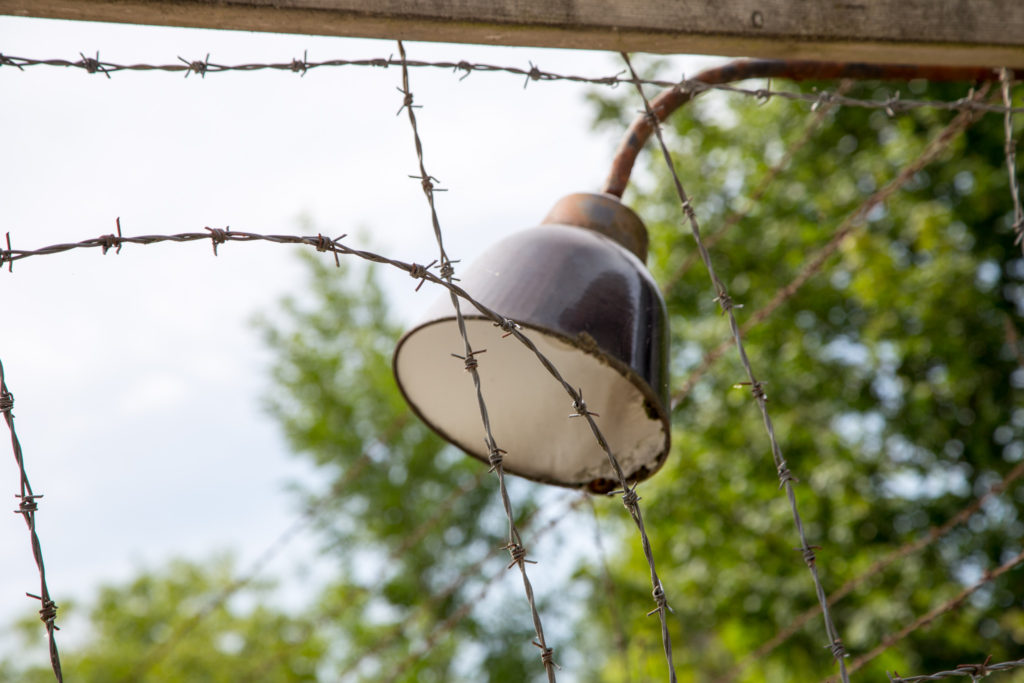
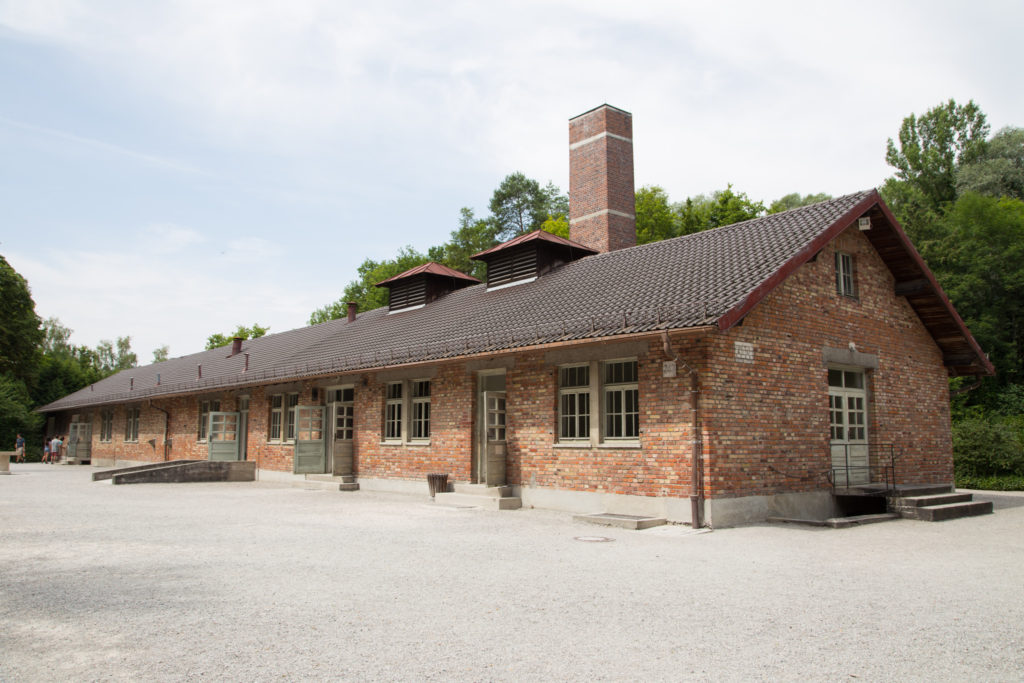
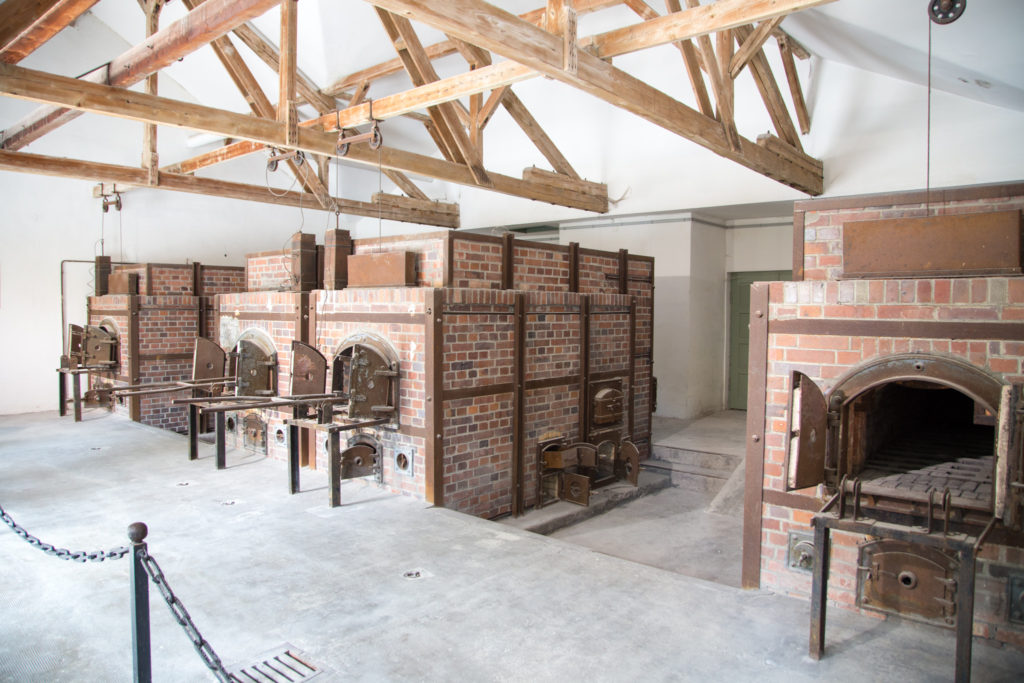
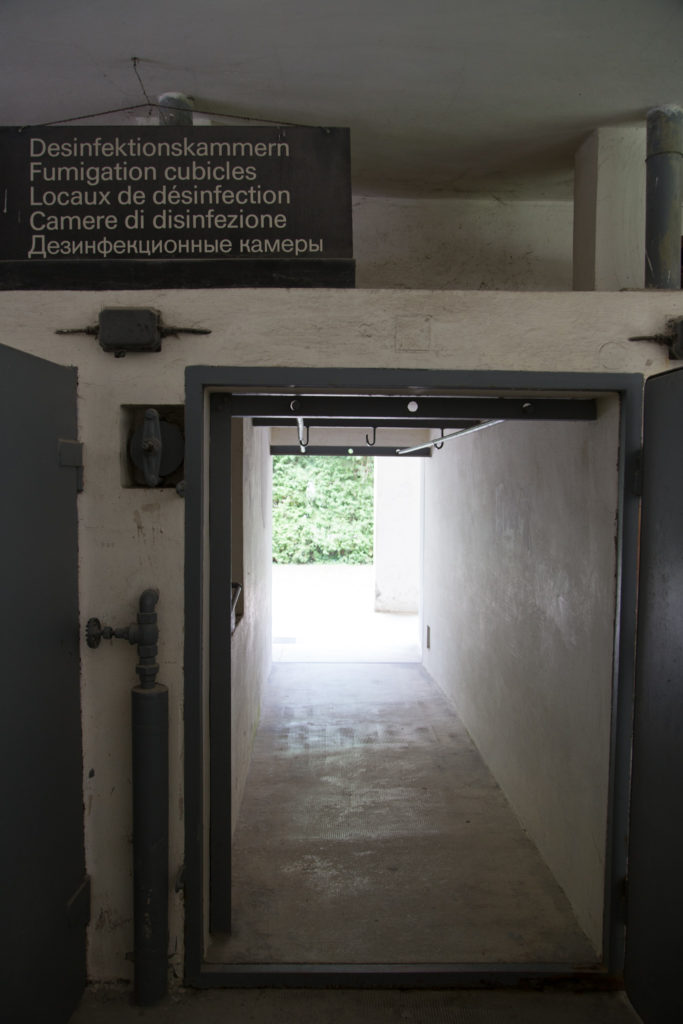
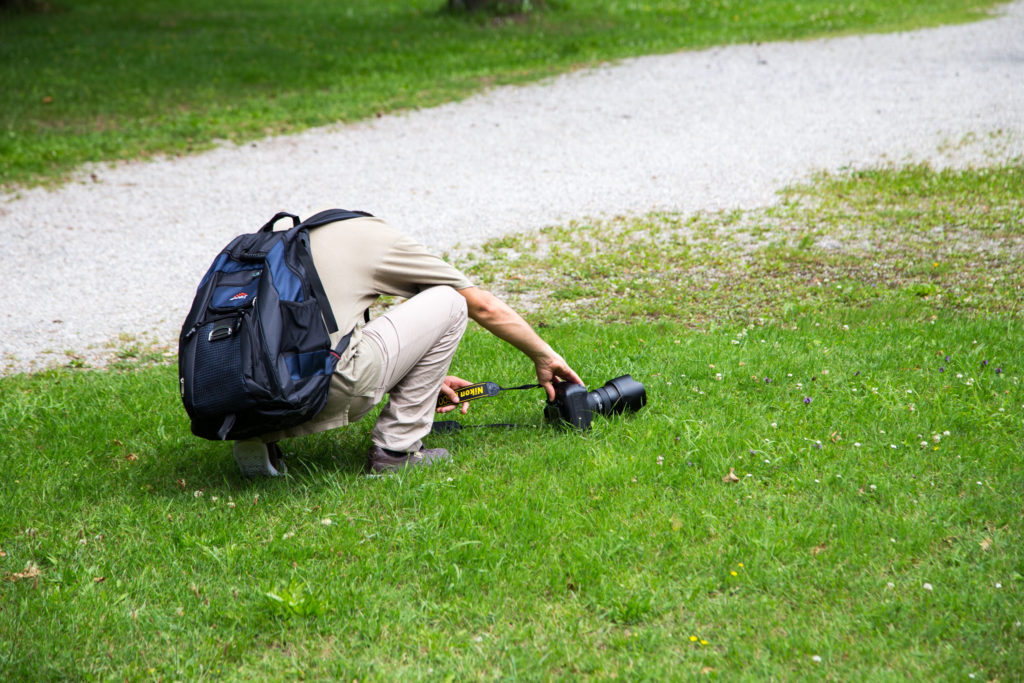
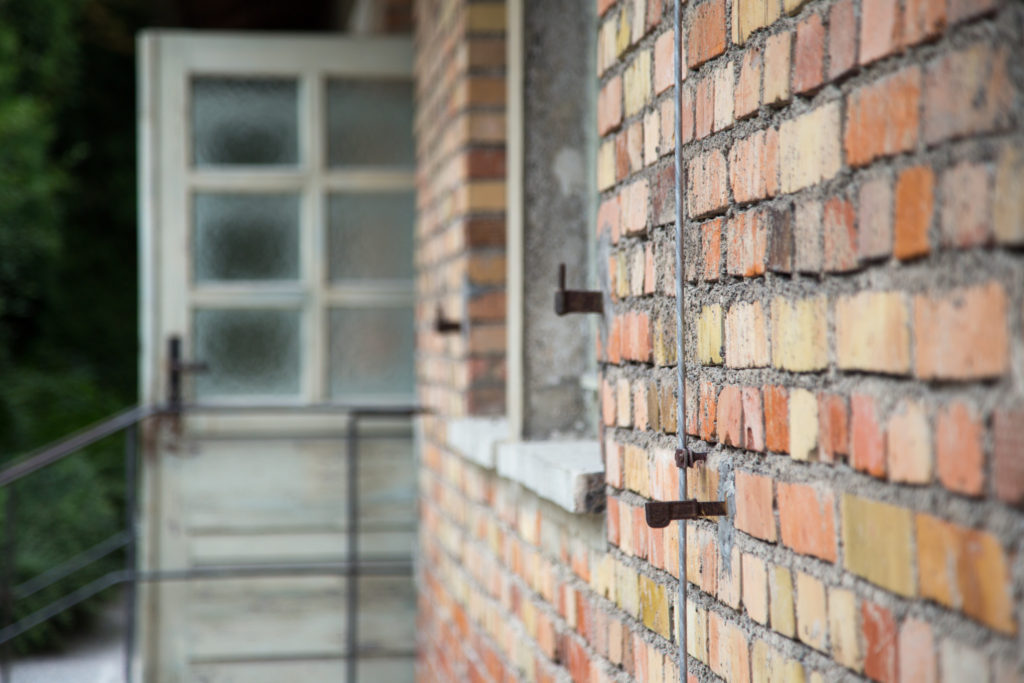
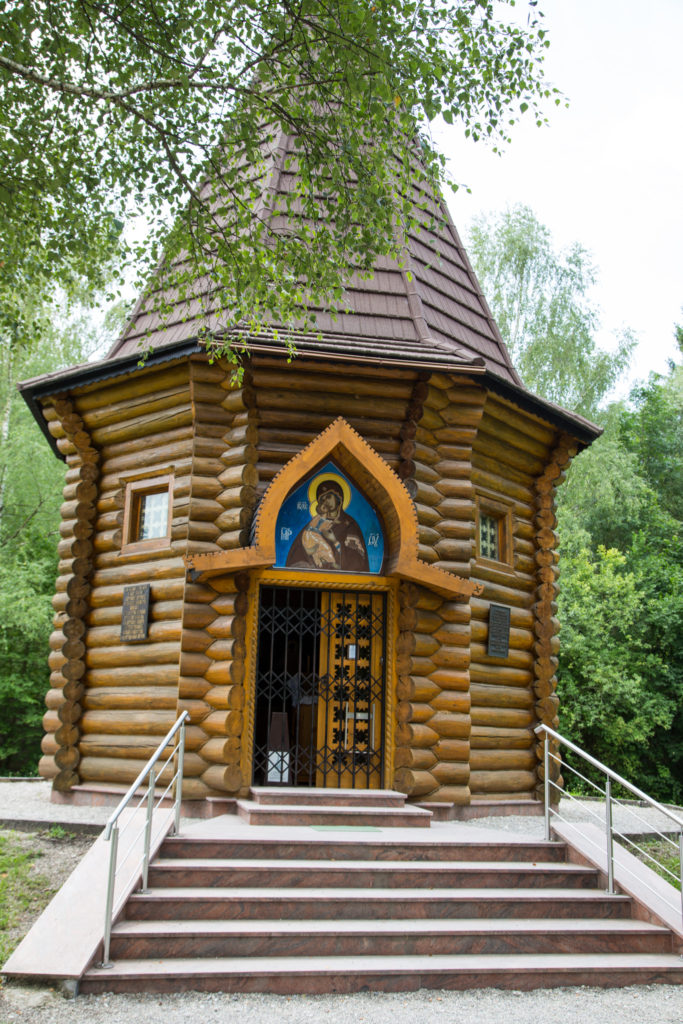
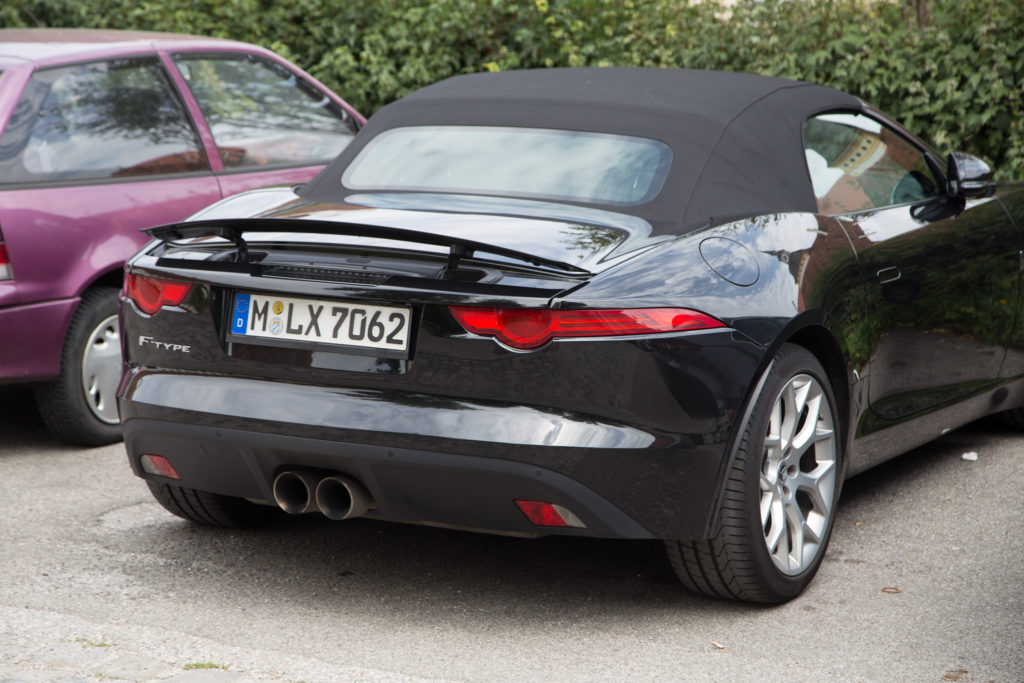
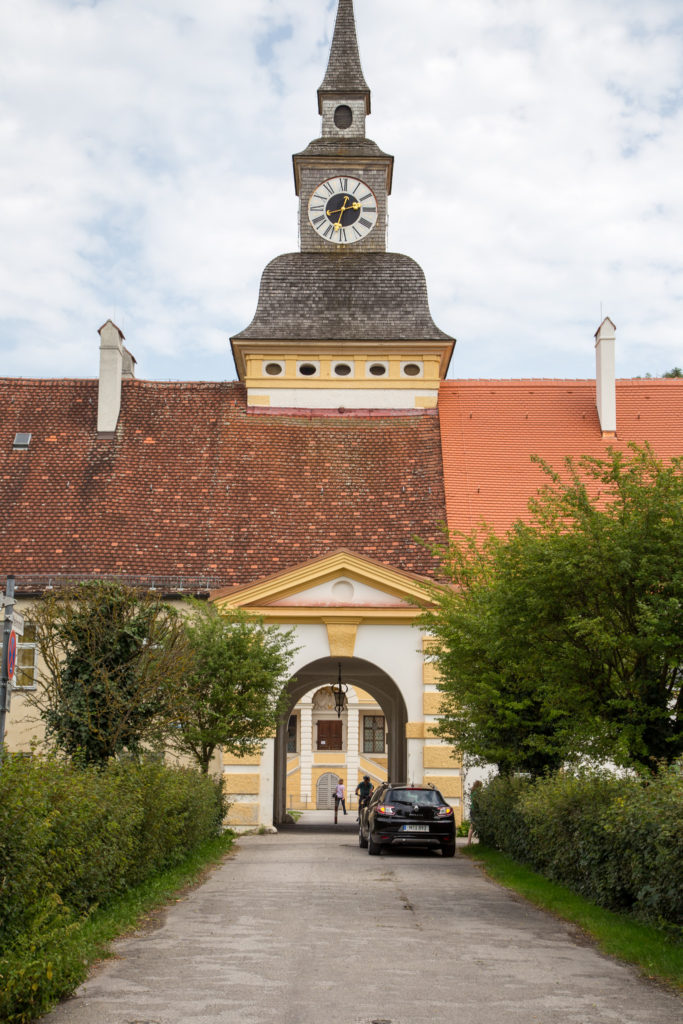
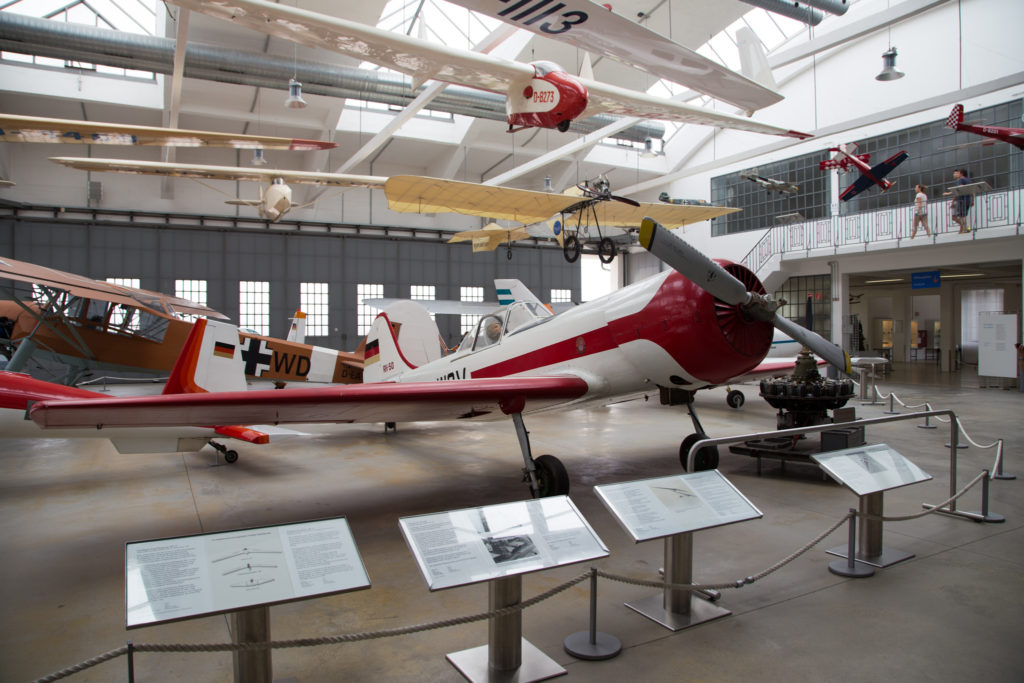
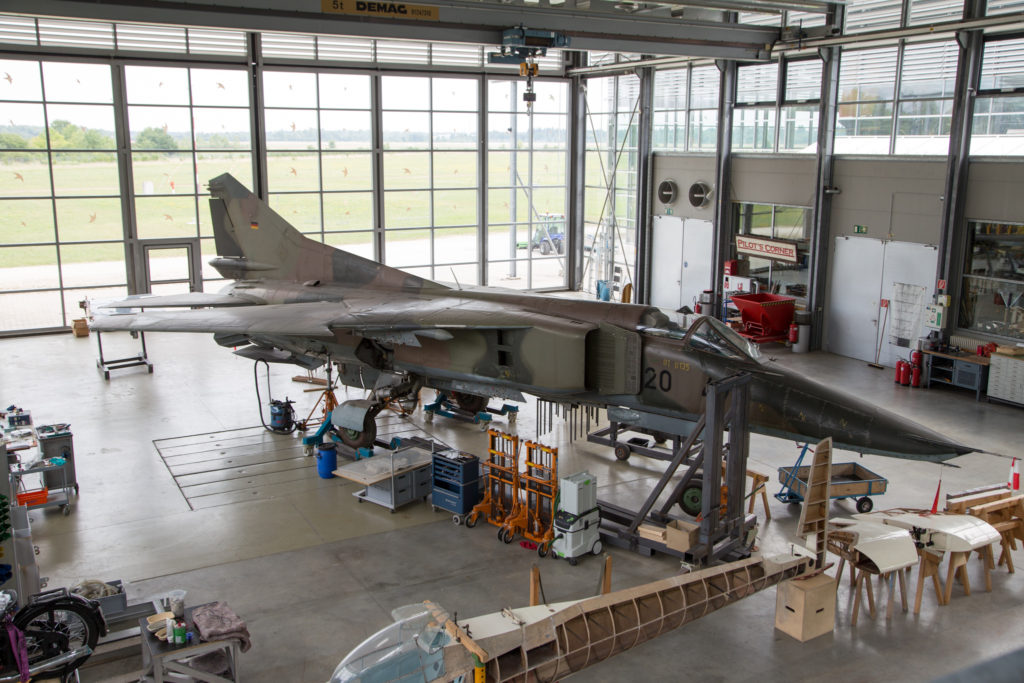
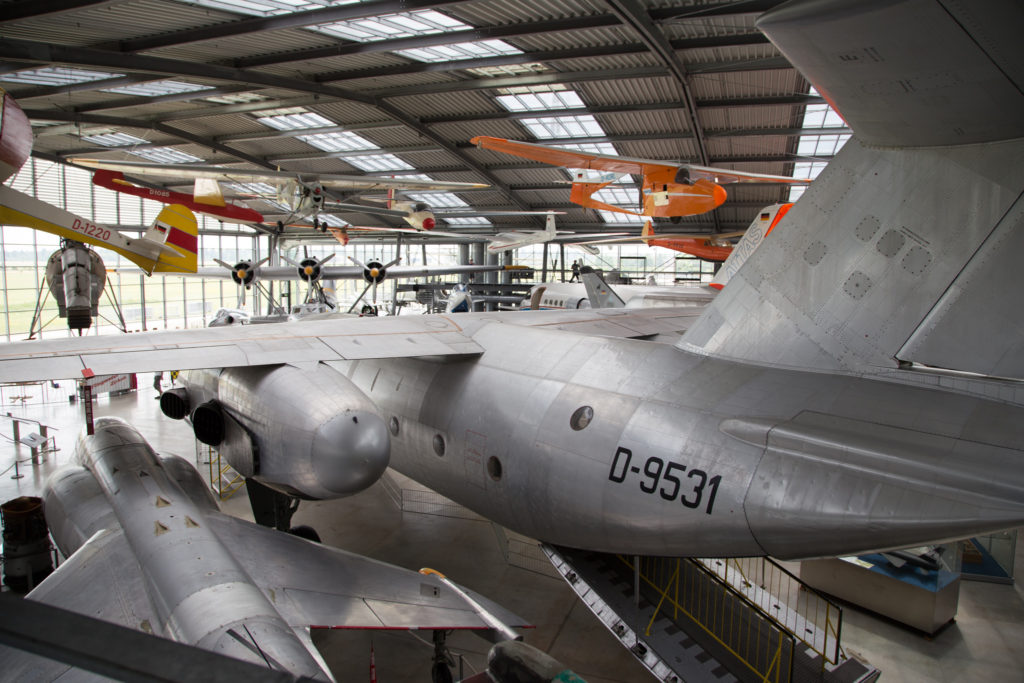
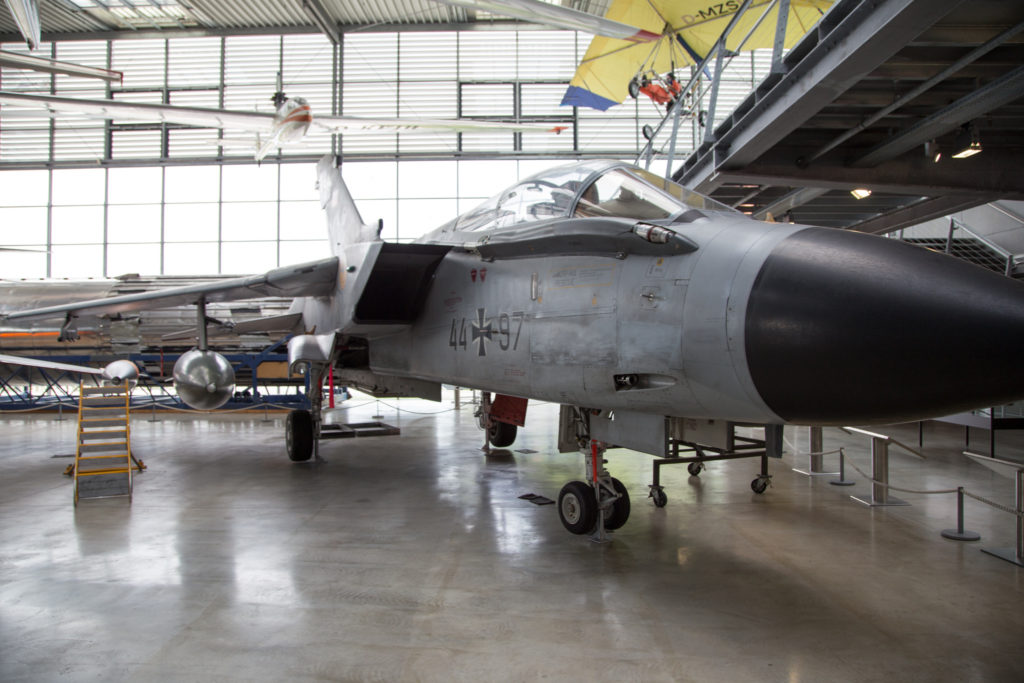
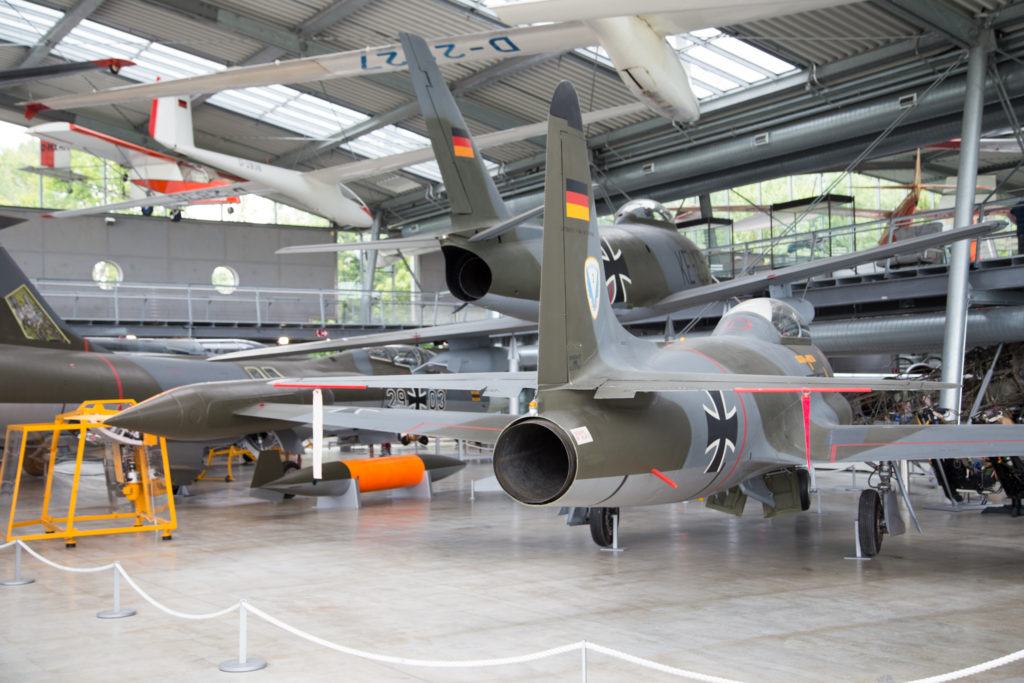
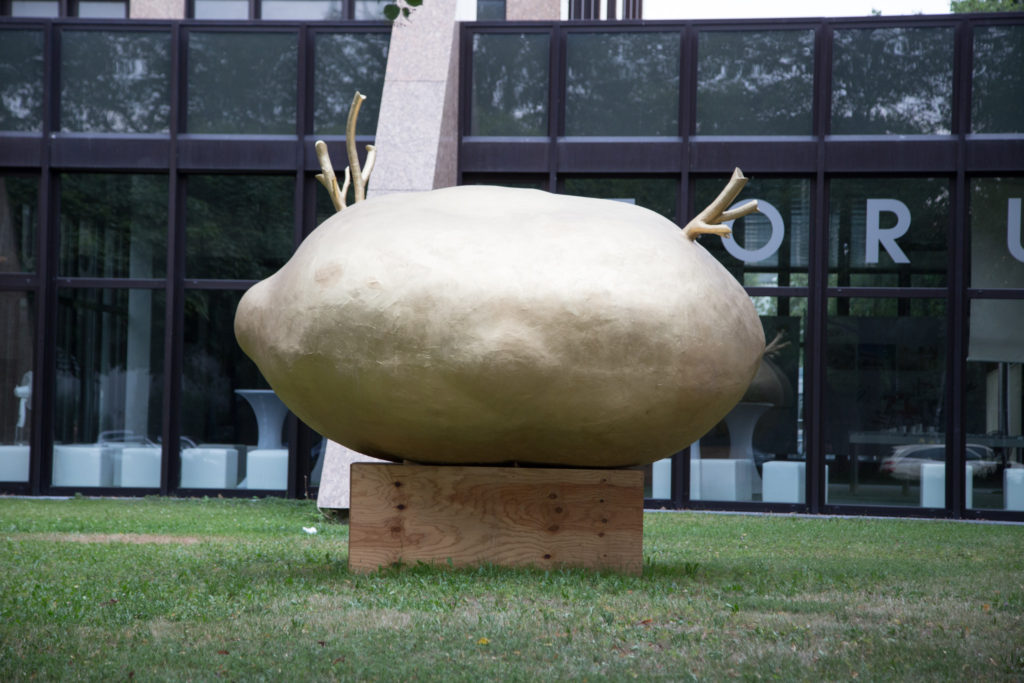
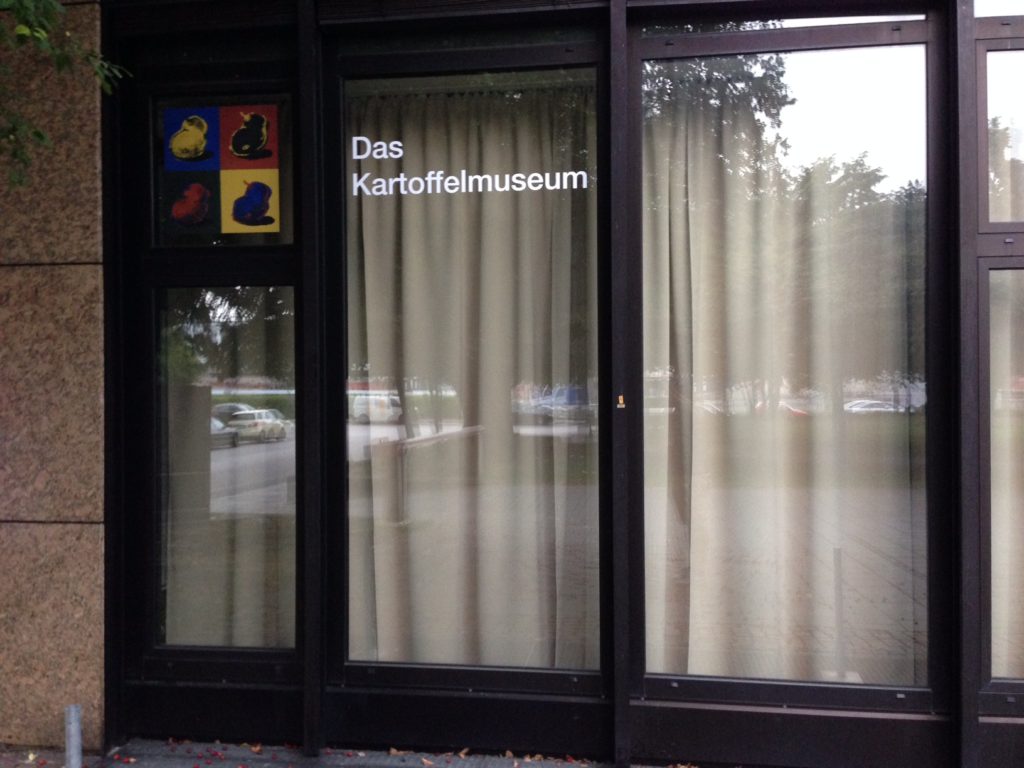
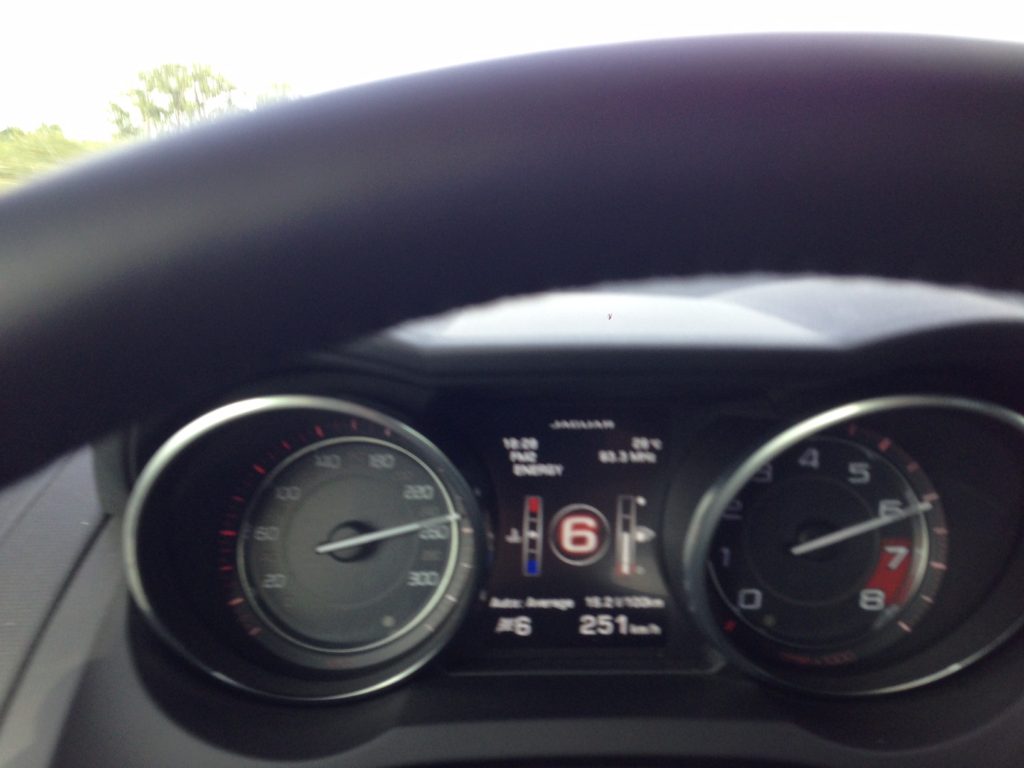
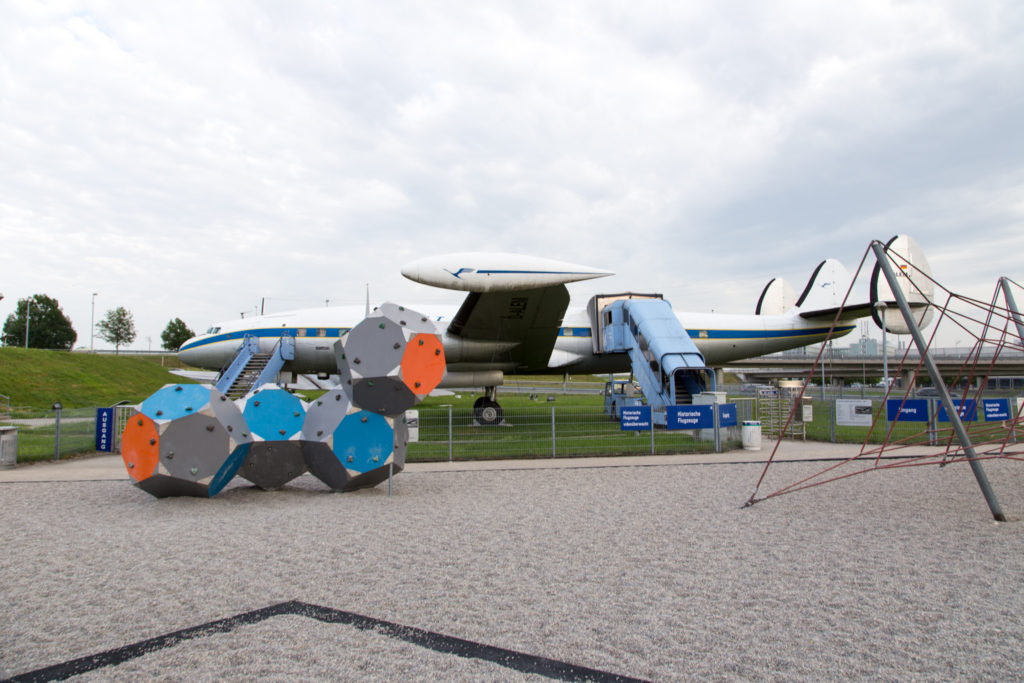
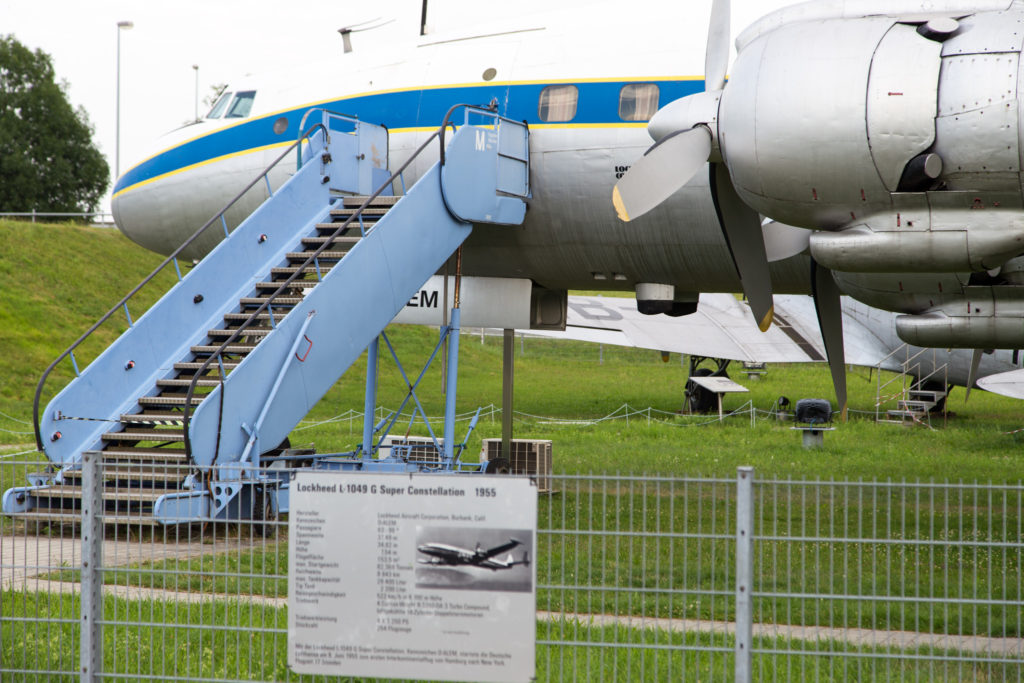
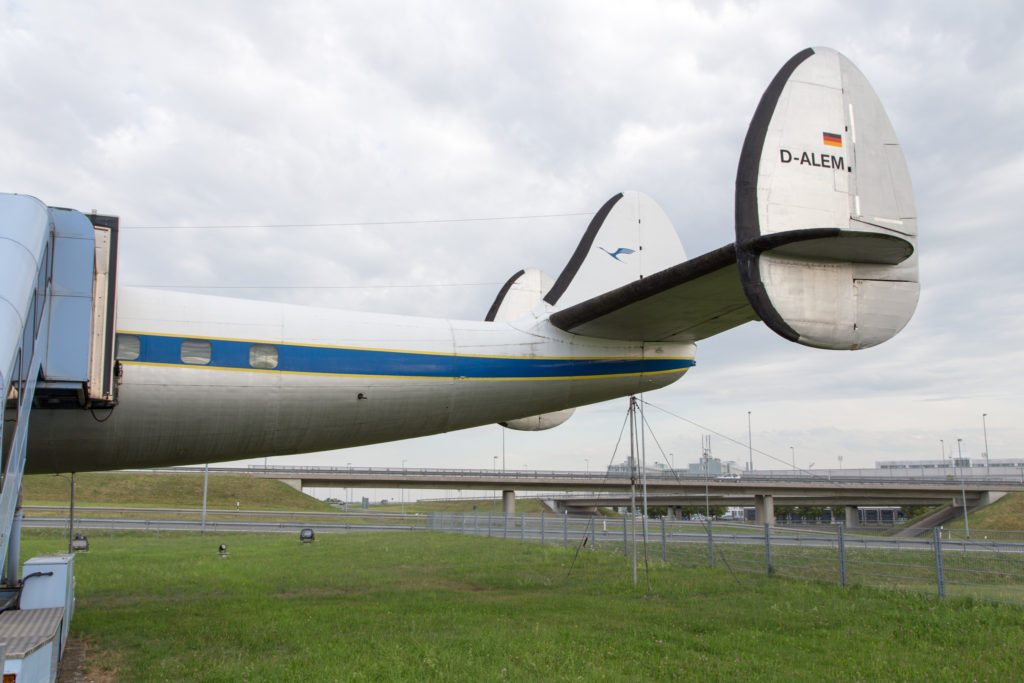
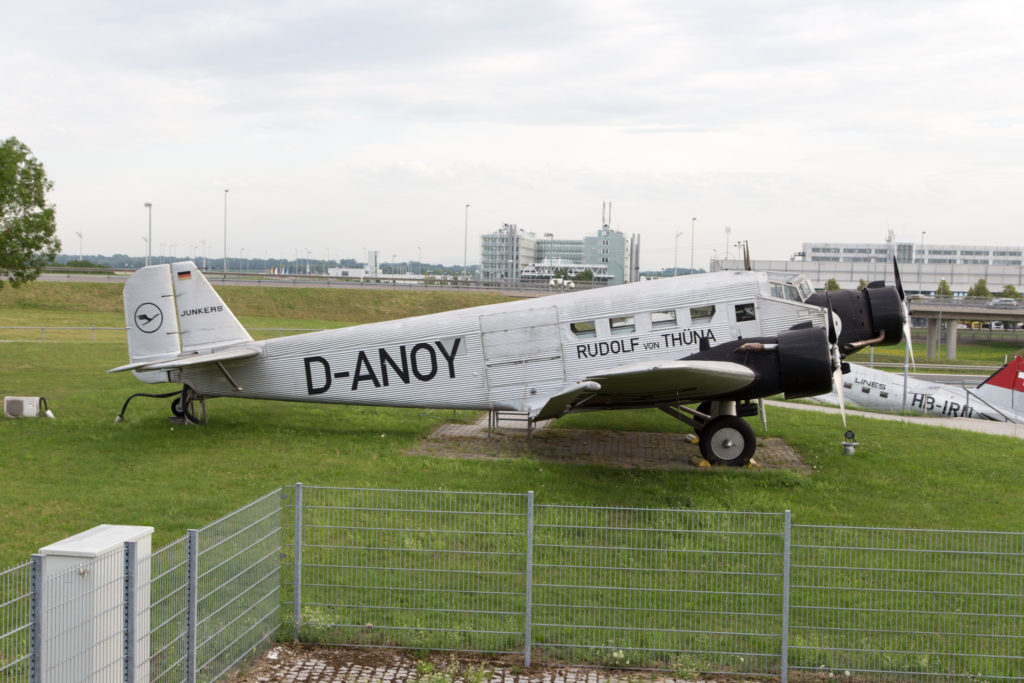
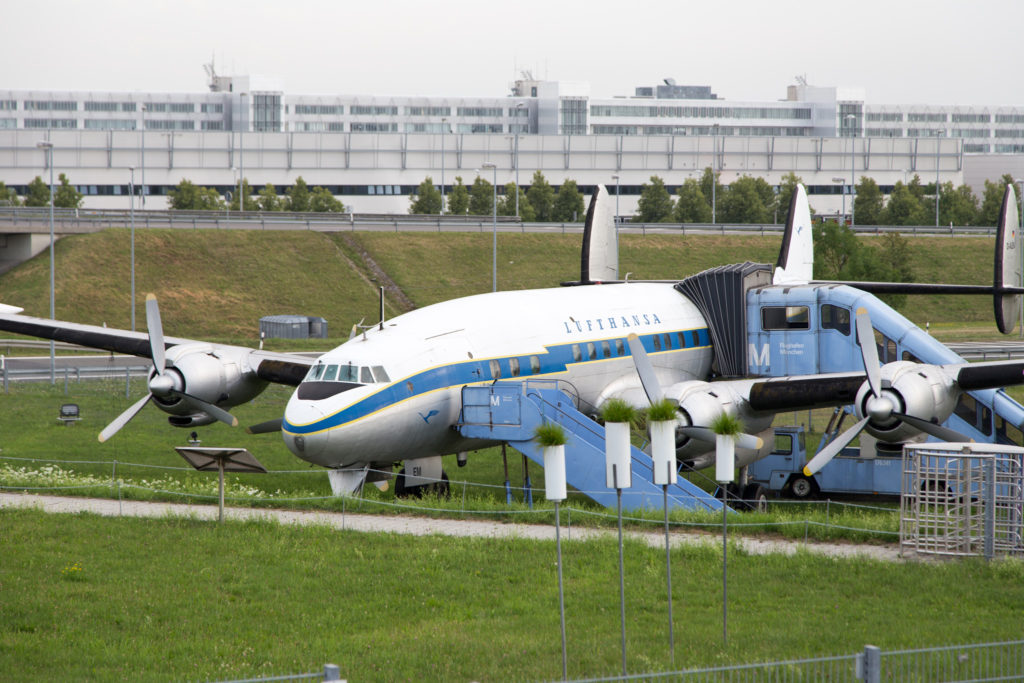
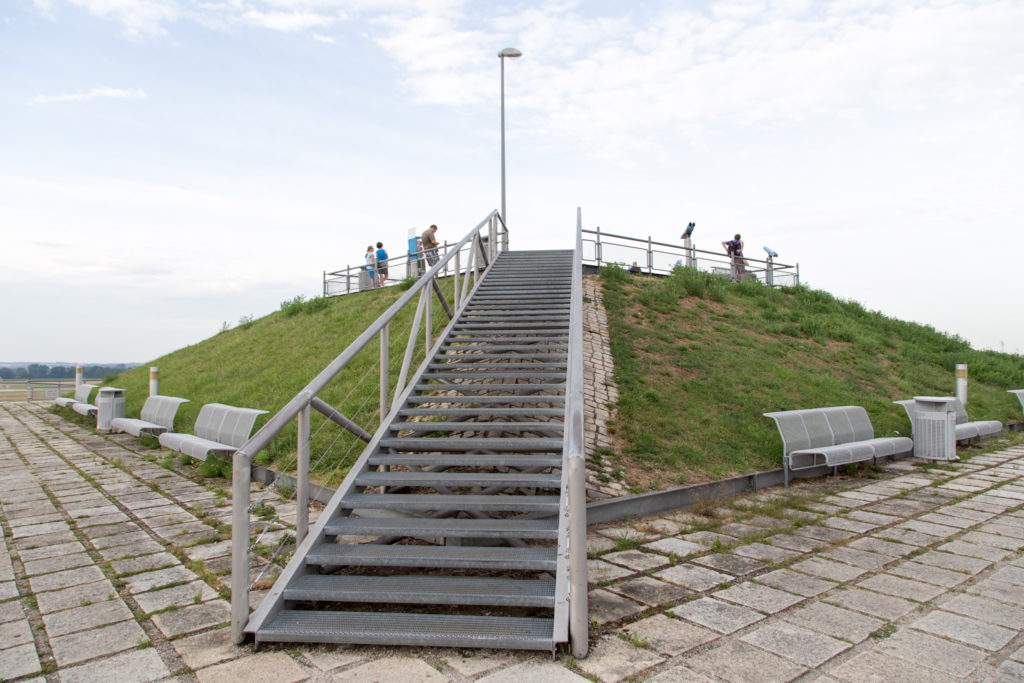
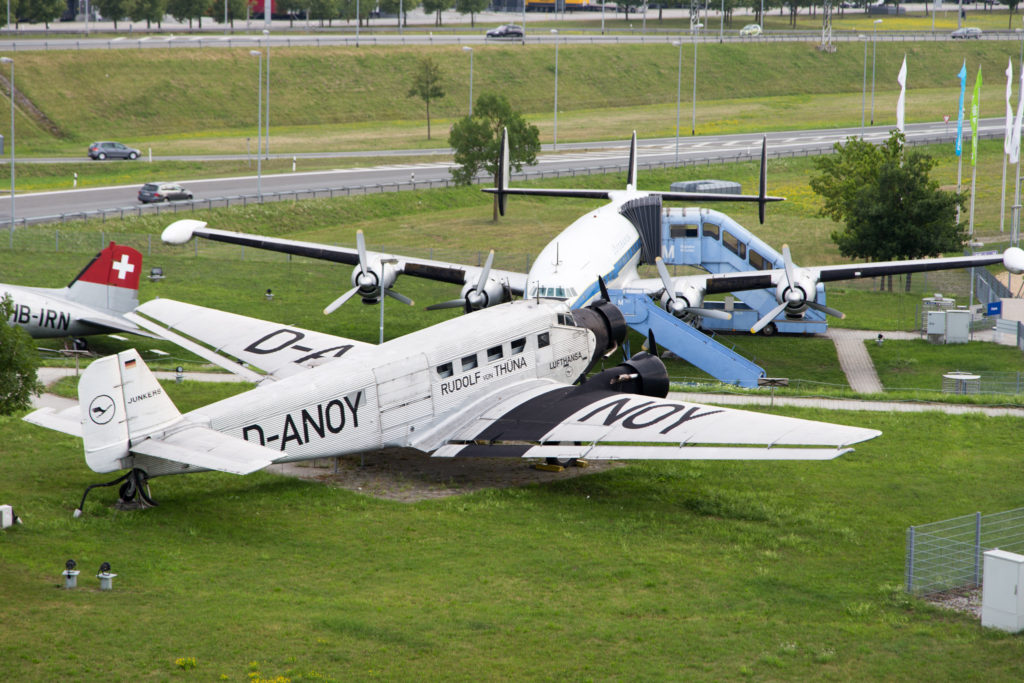
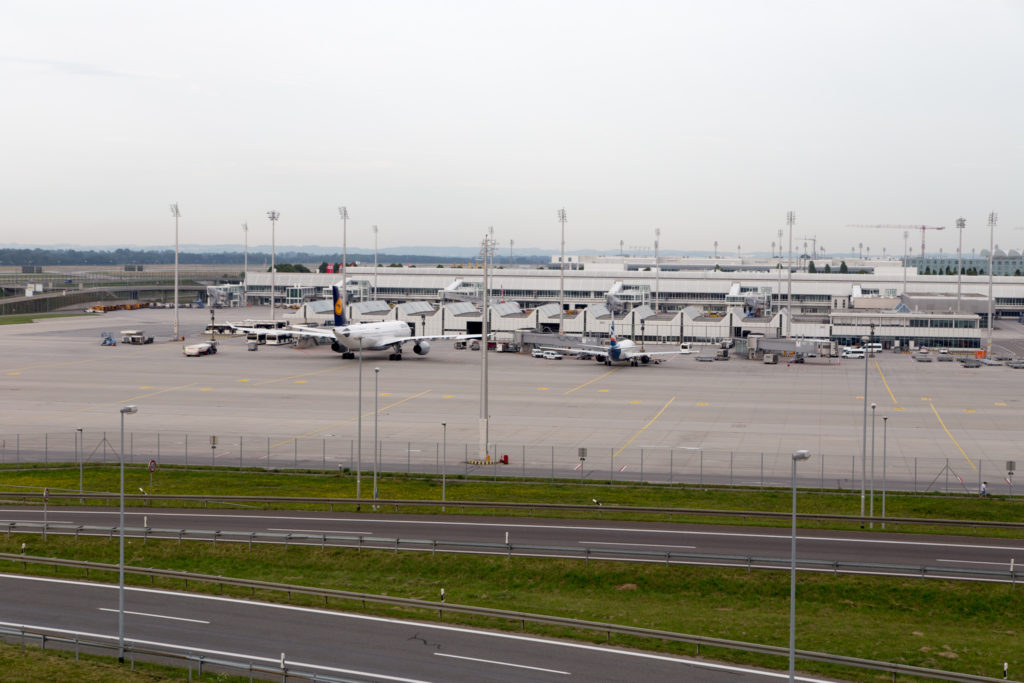
You must log in to post a comment.